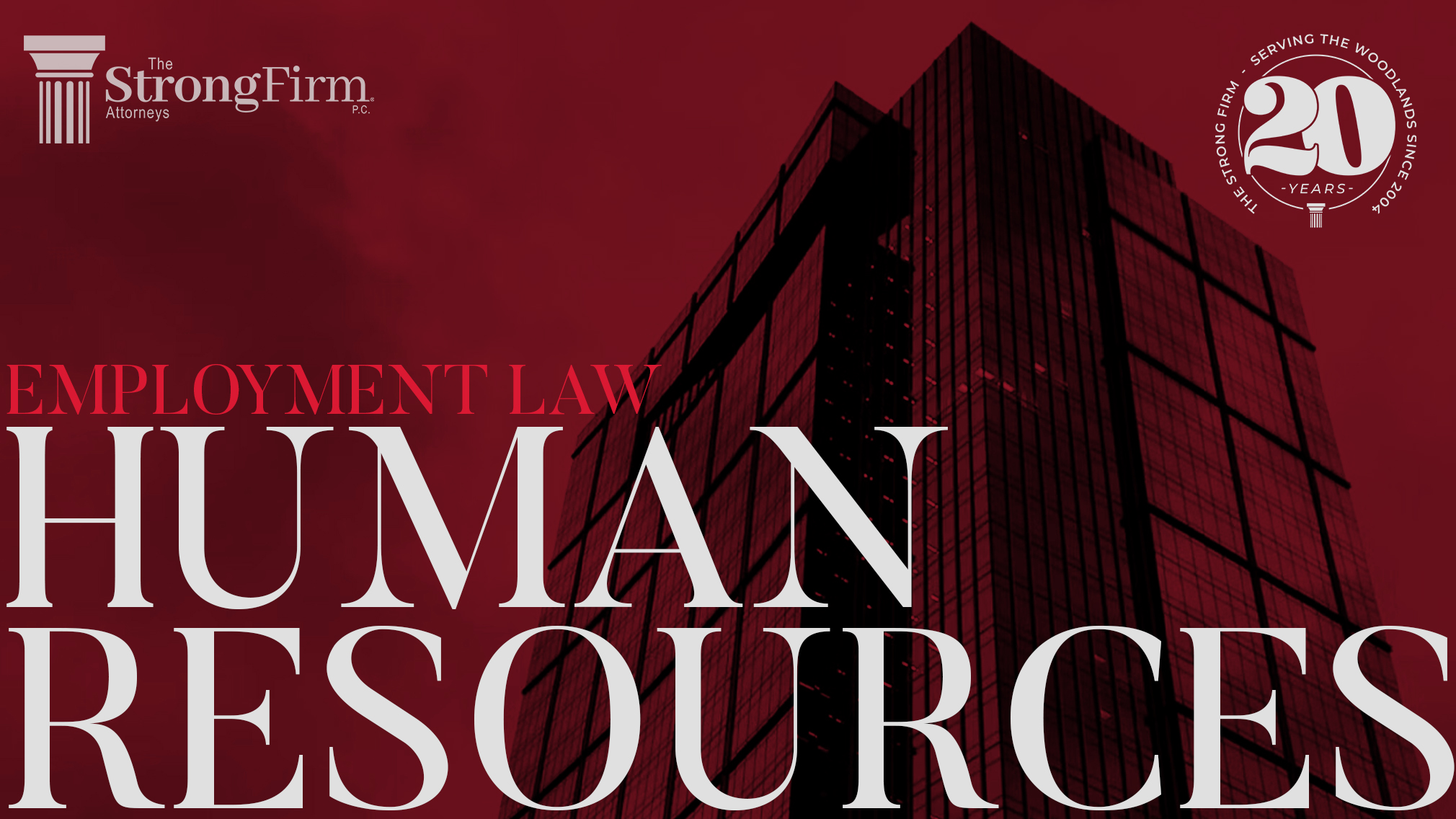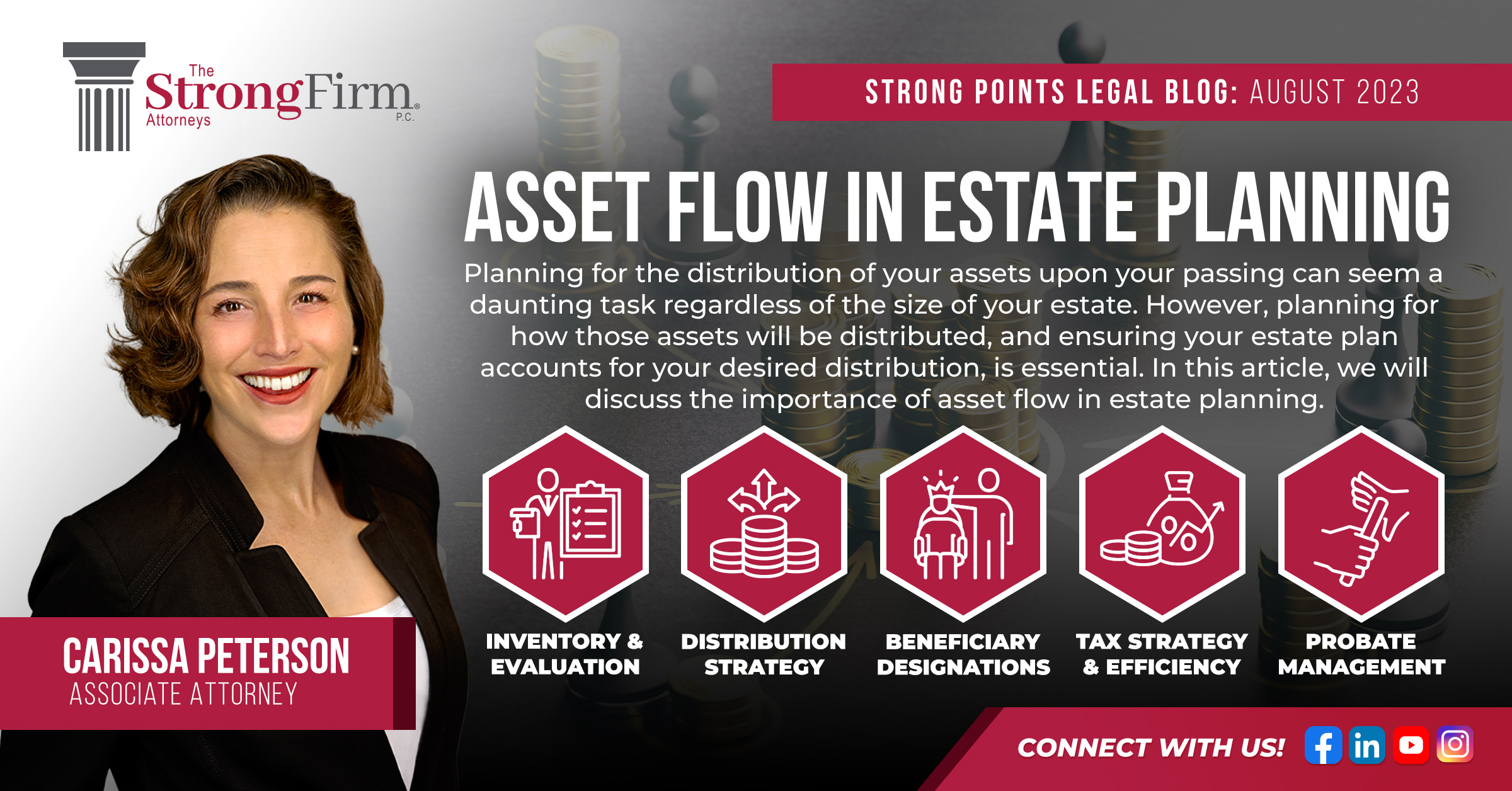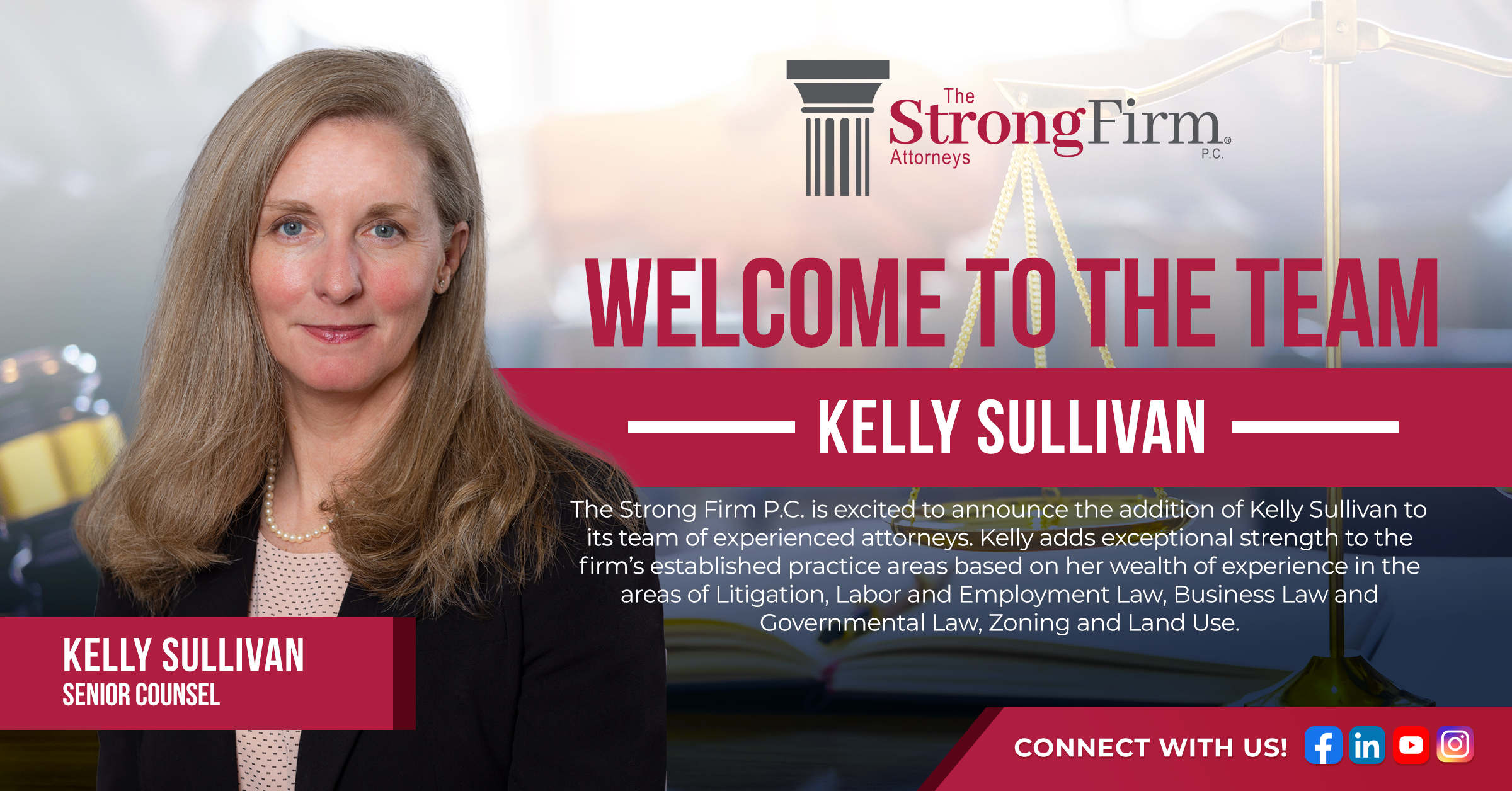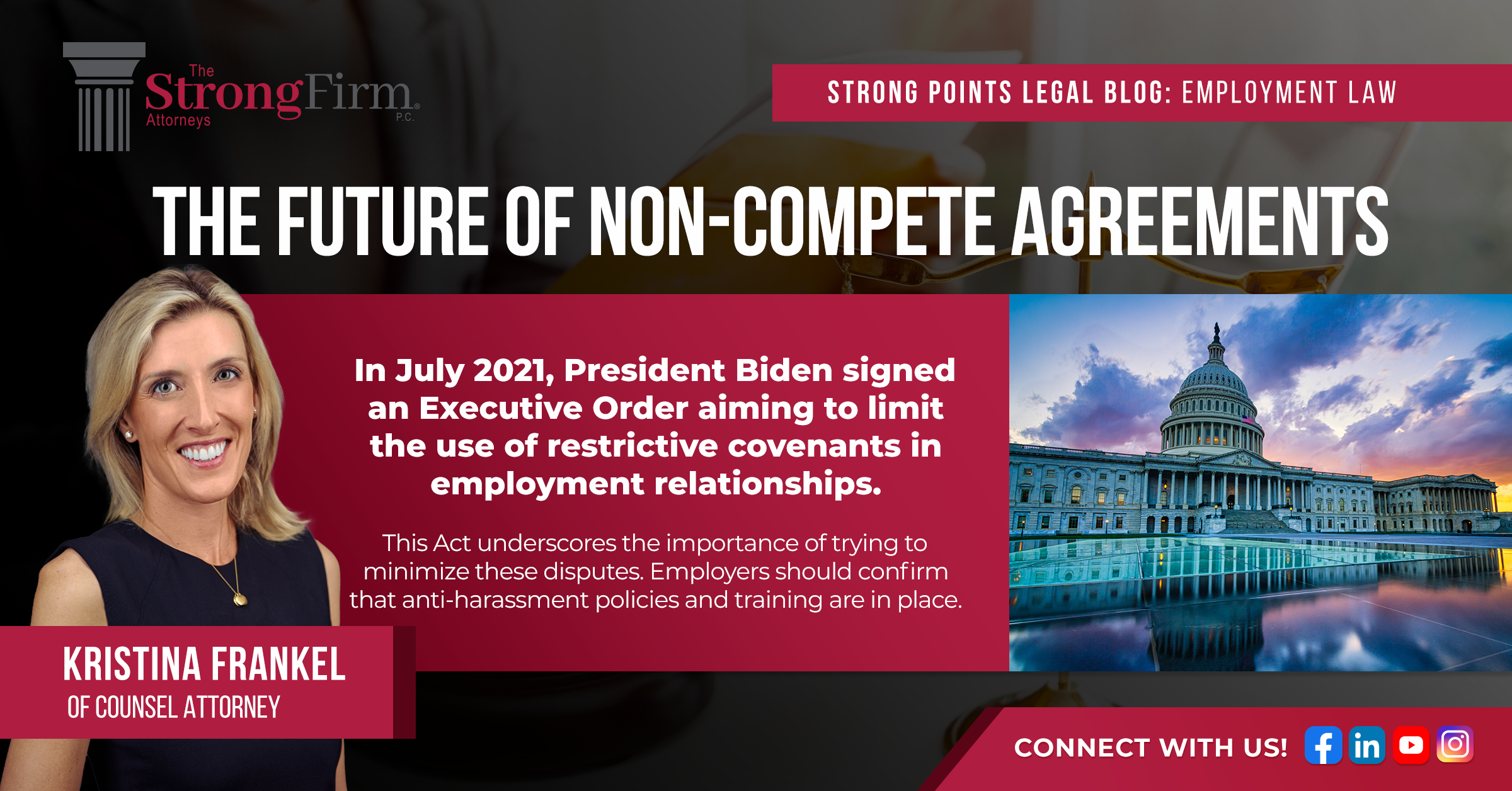The novel coronavirus (COVID-19) has wreaked havoc on the world and our nation, casting widespread uncertainty and hardship in seemingly every corner of the economy. With many commercial tenants in dire financial straits – particularly those who rely upon customer interaction (i.e. retail, restaurant, and entertainment) – commercial landlords are susceptible to both short- and long-term effects if they are not proactive in identifying and in mitigating such negative consequences. Points of consideration and general guidance for commercial landlords include:
“Downstream” Issues:
As mentioned above, many commercial tenants are or will be financially debilitated by this pandemic. Landlords should try to be proactive in attempting to limit their tenants’ shortfalls, not only to prevent them from becoming/adding to the shortfalls of the landlord, but also to help a fellow member of the community in a trying time – a community which, after all, is a factor in the desirability of the leased property.
- Landlords should be sure to review their leases and understand the contractual rights and obligations of both them and their tenant(s) in light of the current circumstances. Specifically, clauses related to continuous operation, force majeure, and insurance should be examined and analyzed carefully, as well as any others related to default, suspension, and termination.
- Landlords must communicate with the tenant and get an understanding of their situation and communicate your expectations in this time. It is typically better to know and plan for something than to be reactionary. Opening up a dialogue will allow landlords the opportunity to begin issue-spotting and to potentially begin working with the tenant to establish a plan to avoid issues such as a monetary default or bankruptcy.
- If tenants seek rent relief, and if the landlord has the immediate means to weather its own financial storm, landlords should consider short-term arrangements that provide temporary abatement, but which allow the landlord to recoup its short-term loss when the economy rebounds. Such arrangements can be structured in many ways and offer many different forms of recoupment (i.e. future rental rate increase, percentage rent, term extensions, etc.)
- The public outcry tends to lean towards forgiveness and abatement, something that is being reflected in current and projected government stimuli packages. Accordingly, landlords should be seeking professional guidance on governmental assistance/mandates that might affect tenant payments and potentially allow rent forgiveness.
- Don’t forget to factor goodwill into decisions – social pressure and optics can be equally as debilitating as financial stressors.
Uncertainty in Enforcement:
Despite the above considerations, it is inevitable that there will be circumstances and tenants for which negotiations are futile and will thus require some sort of enforcement action. However, as with everything in this current environment, the availability and efficacy of such enforcement is just as uncertain.
- Both the federal government and the State of Texas have issued orders suspending residential eviction and foreclosure proceedings. Although these are currently limited to residential properties, the sentiment cannot go unnoticed, and a similar suspension may be foreseeable for commercial properties as well.
- Similarly, Fannie Mae and Freddie Mac (responsible for a large portion of the nation’s $11 trillion mortgage market) have also introduced forbearance options, which allow borrowers who have suffered economic hardship as result of COVID-19 to suspend mortgage payments for up to 12 months.
- Even if a government mandated suspension does not preclude commercial foreclosure or eviction, there is no guarantee that the courts will be able to process them in a timely manner. Many courts are either closed or limited to conducting “emergency” or “essential” operations and hearings, thus affecting the availability and timeliness of judicial enforcement actions available to commercial landlords.
“Upstream” Issues:
With tenant issues likely to affect Landlord income generation and the efficacy of enforcement procedures uncertain, it is equally important for leveraged commercial landlords to evaluate their exposure and be proactive in mitigating any unavoidable effects of the current environment. Just as they should be with their tenants, landlords need to be proactive in identifying and communicating with lenders to ensure that any “downstream” issues do not affect any loans they may have. Be sure to examine your loan documents, with particular emphasis placed on any clauses related to debt-to-income ratios, vacancy or tenant delinquency thresholds, or rental revenue income requirements on a monthly or annual basis.
Both landlords and tenants should consider seeking experienced counsel to help analyze their current situations and their paths forward. The Strong Firm P.C.’s offices remain open as a deemed essential business and will remain open for as long as it remains safe and legal to do so. Should our office close due to government mandate, we have the ability to seamlessly transition to remote operations and continue representing our clients at full capacity. As a firm, we will continue serving the needs of our clients and community as we all navigate through these trying times. We are committed to ensuring that our families, friends, clients, and community emerge from this transformative period as we were before – Strong.




























